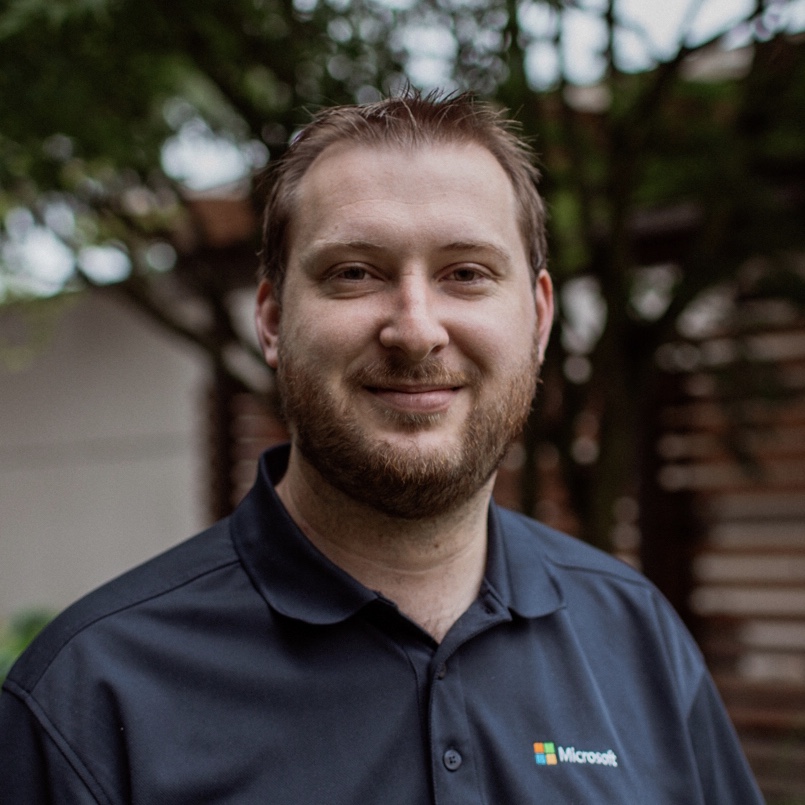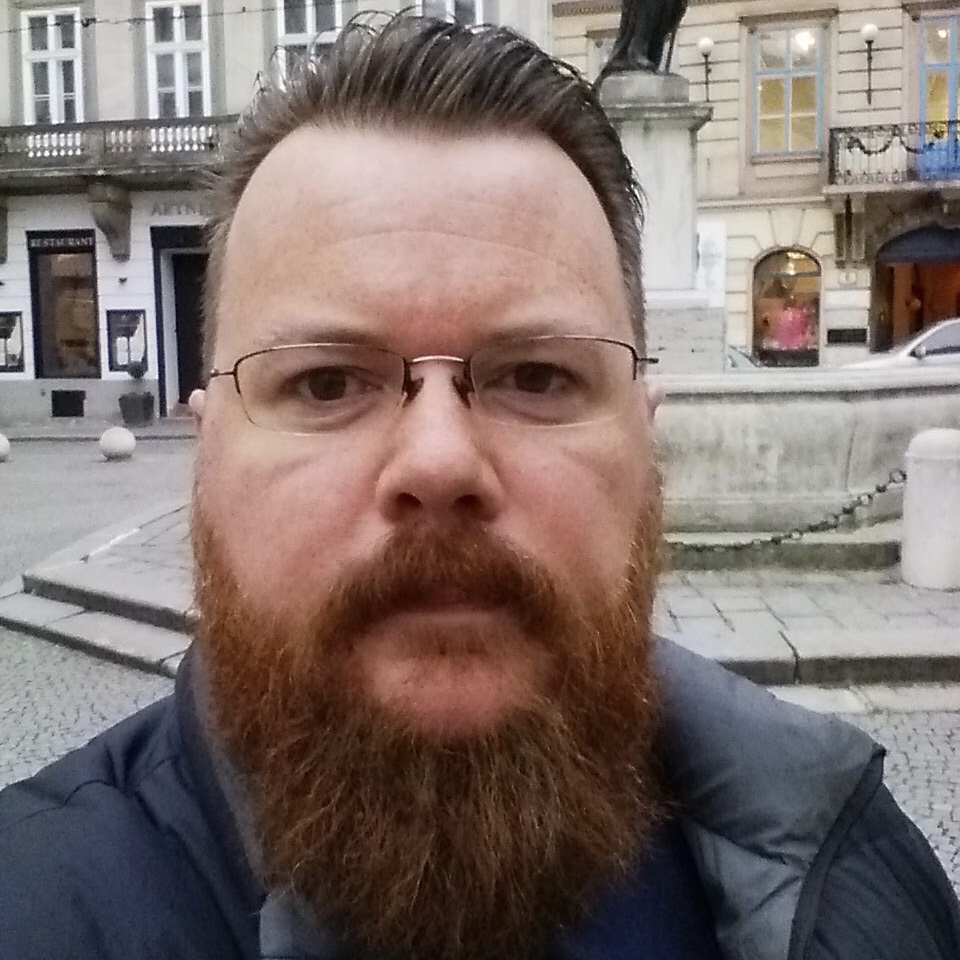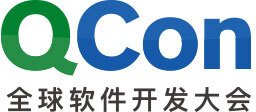就一个会议内容产品而言,我们想要给用户交付什么知识?又是如何完成交付的?怎么去理解内容交付这件事?
主题演讲
会议室:百宴厅1-4- Topic 1把内容交付这件事做好
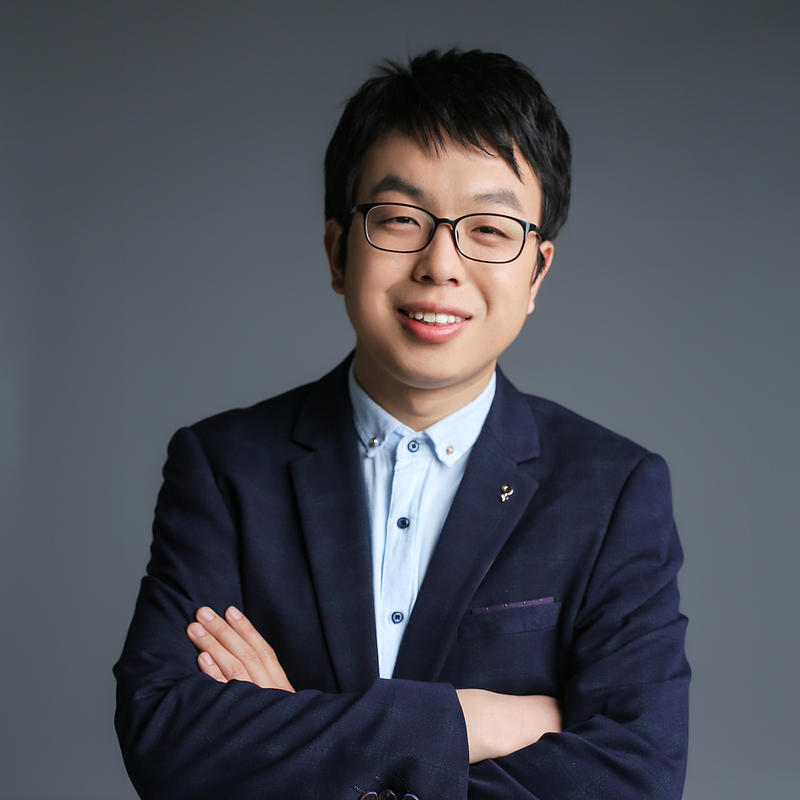
郭蕾
Geekbang极客邦科技 总编辑 - Topic 2QCon的正确参会姿势
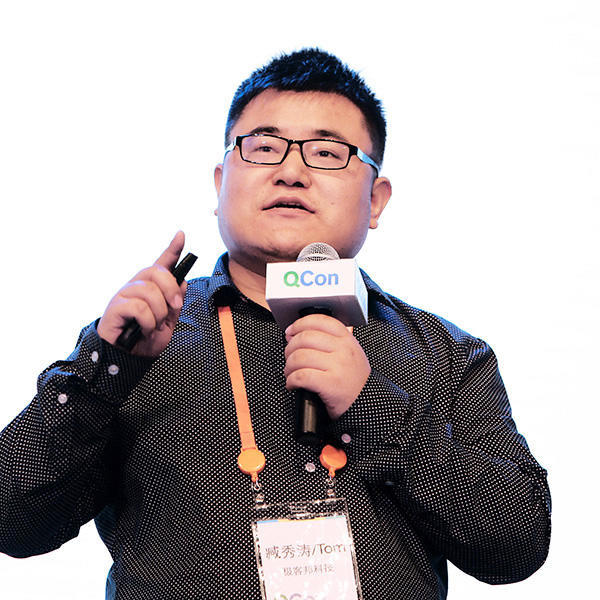
臧秀涛
InfoQ QCon大会主编 - Topic 3构建Java API的艺术:Do's and Don'ts(英文演讲)
Jonathan Giles
Microsoft Senior Cloud Developer Advocate - Topic 4腾讯微服务架构的过去、现在与未来
刘昕
腾讯 移动互联网事业群运营部总经理 - Topic 5The past, present, and future of Go(英文演讲)
David Cheney
Heptio 资深工程师, 著名Go语言专家
 地点:百宴厅1-4
地点:百宴厅1-4
专题:主题演讲
by 郭蕾
Geekbang极客邦科技
总编辑by 臧秀涛
InfoQ
QCon大会主编by Jonathan Giles
Microsoft
Senior Cloud Developer AdvocateAs developers we build on the shoulders of giants - using APIs developed by others to propel ourselves further forward. We also often find ourselves in the position where we must provide our own APIs for other developers to use. Building a Java API is not without perils -we must know the features of the language extremely well, we must understand the implications of breaking compatibility, we must own many other responsibilities such as creating excellent documentation, and most importantly, we must practice restraint.
This session, presented by Jonathan Giles, will give an introduction to developers on how they should develop their own APIs, whether it be for internal use, an open source project, or a commercial library. The focus is purely on building Java APIs, not REST APIs or anything else! Jonathan has over 10 years experience building Java APIs, firstly at Sun Microsystems and Oracle in the Java team working on Java releases 7, 8, 9, and 10, and more recently he has joined Microsoft as a cloud developer advocate, where he works closely with the engineering teams to improve the Java API offering for Azure.
This session will work through tips that developers should follow, and advice for developers to avoid.
What audience will learn from our talk:
This session is targeted towards developers who know Java, but don't necessarily know best practices around API design. It is for people who are actively creating APIs, and for those who may find themselves creating API simply because no one else is doing it.
作为Java开发者,我们都是站在巨人的肩膀上,使用其他人开发的API,从而走的更远。有时我们也要提供自己的API供其他人使用。构建Java API也不是没有风险的,我们必须非常熟悉语言特性,必须理解破坏兼容性的影响,必须担负起创建完美的文档等责任,还有最重要的,我们必须保持克制。
Jonathan Giles将带来的这场演讲,将向开发者分享如何构建自己的API,不管是内部使用、开源项目还是商用库。重点谈的也是构建Java API,而不是REST API或其他内容。Jonathan有十多年的Java API构建经验,他最初在Sun和Oracle的Java团队,参与了 Java 7、8、9和10等版本的开发工作;最近他加入微软担任云开发者布道师,和工程师团队紧密协作,改进Azure上的Java API。
演讲将分享开发者应该遵循的技巧,以及应该避免的问题。
听众受益
本次演讲的目标受众是了解Java,但是未必熟悉API设计最佳实践的开发者。
by 刘昕
腾讯
移动互联网事业群运营部总经理随着2008年中国的互联网人口第一次超过美国,接下来的便是移动互联网浪潮,互联网产品愈发多样化。腾讯紧跟着这股浪潮,持续地进行着小步快跑快速迭代,用户规模和服务规模急剧膨胀。上千个服务、多样的服务模型、极其困难的管理、C++和JAVA两种语言同时存在等困难接踵而至,亟需一个语言无关的微服务架构来支撑日益庞大的服务体量……
十年后,腾讯将积累沉淀了10年的自研微服务框架TARS开源,并捐赠给了Linux基金会,同时参与制定了行业首个微服务标准。
未来,腾讯还需要做什么,才能继续令“技术产生价值”。
内容大纲
1. 过去:腾讯微服务架构的产生
2. 现在:十年经验沉淀促技术产生价值
3. 未来:共建健康共赢的开发者生态
by David Cheney
Heptio
资深工程师, 著名Go语言专家Go was introduced as a new open source language on November 10th, 2009. Go is a language for engineering teams who seek to build fast, scalable, and most importantly maintainable, software. This talk will reflect on the success Go has enjoyed over the past nine years, and give the audience an overview of the four new additions coming to Go 2.0; dependency management, error handling, error values, and generics.
关注主办方(InfoQ)
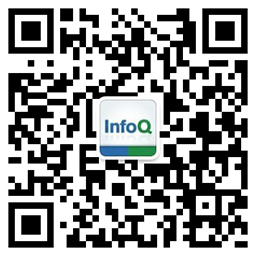
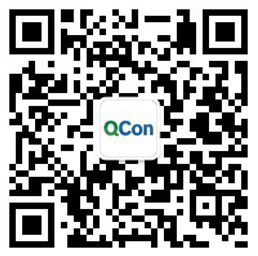
联系我们
- 扫一扫在手机端查看
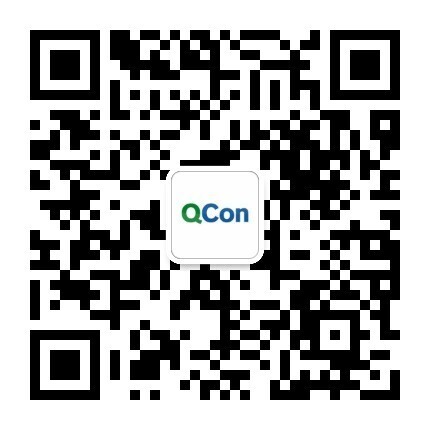 在报名过程中如有任何问题,欢迎微信扫描左方二维码联系我们的票务经理
在报名过程中如有任何问题,欢迎微信扫描左方二维码联系我们的票务经理
